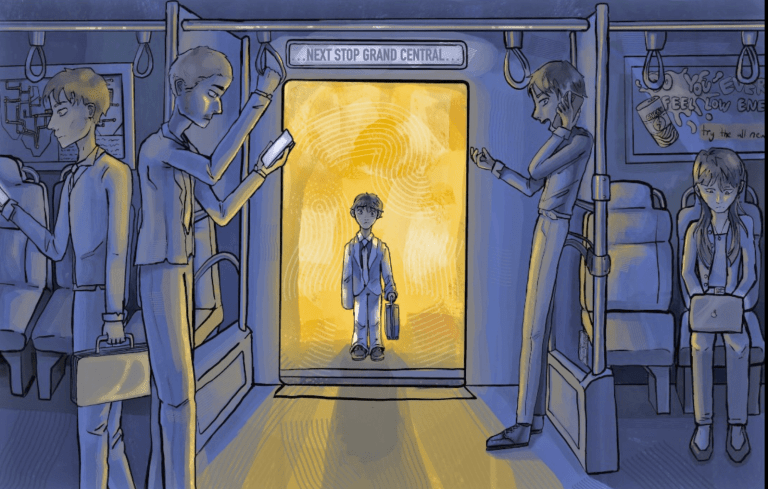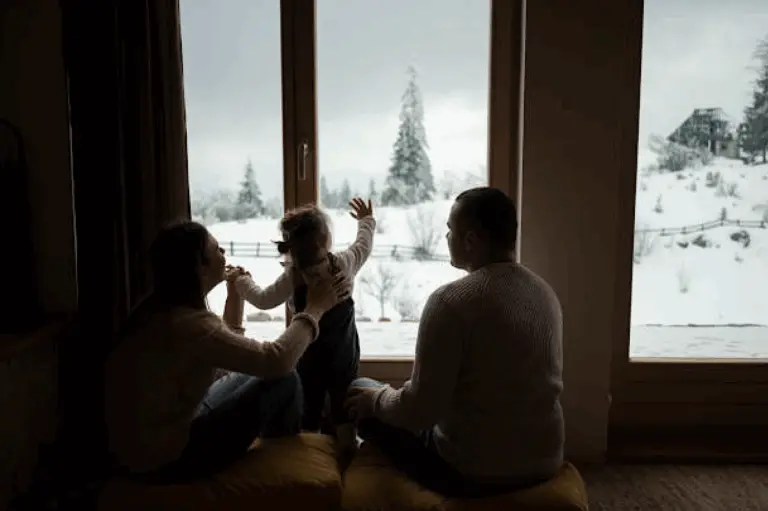By Marek Zabriskie
On Good Friday, we gather to listen to music, offer prayers and to reflect upon the last words that Jesus uttered from the cross. These words come from the four gospel accounts of his crucifixion.
Jesus’ last words begin with words of absolution, “Father, forgive them, for they do not know what they do.” Forgiveness is something that we all struggle to bestow and receive. We have all said and done or left unsaid and undone things for which we need forgiveness.
We are in the midst of what we call the Triduum, the three most sacred days of the Christian Year – Maundy Thursday, Good Friday, and Easter. The Triduum focuses on a senseless killing that brought humanity to its senses. Perhaps it will bring us to our senses as well.
We who are affluent Christians living in a world raging with inequalities can be blind to those struggling merely to survive. We are inconvenienced by minor things, while those kept hostage by Hamas, and those living in Gaza, Ukraine, Yemen, Sudan, and many other places are desperate for survival.
Palestinian Christians call Good Friday “Long Friday.” Others call is “Great Friday” or “Holy Friday.” Scholars say that “Good Friday” comes from “God’s Friday,” in the same way that “God be with you” has been shortened to “good-bye.” But it’s odd to call this day Good Friday, when God’s Son dies and hope seems to be extinguished.
From the cross, Jesus said, “Father, forgive them, for they do not know what they do.” These words are found only in Luke’s Gospel. In Luke’s Gospel, Jesus instructs us, “Love your enemies, do good to those who hate you, bless those who curse you, pray for those who mistreat you.” No other religion commands its followers to love their enemies.
Forgiveness is at the heart of the cross. The Bible testifies that Jesus came to suffer and die so that we might be forgiven for our sins and for all the ways that we fail to do what God would have us to as people created to love one another.
What occurred on the cross proves to us with God all things are possible, love can overcome hate, light can shine in the darkness, and enemies can become friends. The cross is the axis mundi or hinge on which the world turned.
St. Paul writes to the church in Corinth, “For I decided to know nothing among you except Jesus Christ and him crucified.” So, we are invited on Good Friday to stand at the foot of the cross and see a light that can only be appreciated by those who have walked in darkness.
Our hands are soiled. Soiled, like Pilate who did nothing to save Jesus and was forever wringing his hands. Soiled, like the soldiers who wielded the whip, cast lots for Jesus’ clothing, and drove spikes through his hands and feet. We have all been indifferent to evil, suffering and pain. Alexander Solzhenitsyn wrote, “The line between good and evil runs straight through every human heart.”
The businessman who padded his expense account, the man who cheated on his wife, the student who plagiarized on her essay, the nurse who failed to check on her patient in the middle of the night, each have their excuses. “It’s not my fault,” we say to ourselves.
So, we try God in court of our mind, and we become the judge, jury and executioner, weighing out the evidence against God. In theology, we call it “theodicy” – the attempt to square the love of God with the suffering found in life. How can God exist, if so much evil occurs?
After dinner with friends one night, Russell and Laurada Byers stopped at a convenience store on the way home to buy a pint of ice cream. Laurada sat in the car while Russell went in. A young man robbed, shot and killed him. Russell died for a handful of dollars and a pint of ice cream.
Laurada later founded a charter school in Philadelphia in his honor. Several years later, she spoke at my church about how to rebuild one’s life after undergoing tragedy and great loss.
“I started the school,” said Laurada, “because I realized that if we didn’t care for these kids, they will be completely left behind, and eventually, they would kill all of us. Of course, I forgave the young man who shot my husband a long time ago,” she said matter-of-factly.
“I worried for him. How was he doing in prison? So, I contacted the prison several times, and finally the young man gave me permission to visit him. I let him know that I forgave him and was concerned for how he was doing.”
Our church members sat in silence. Most of us had recently had a spat with a family member over something trivial, and we were still upset. Her words still resound in my mind and pierce my heart, “Of course, I forgave the young man, who shot my husband….”
During the Triduum, we enter a mystery. We ponder Jesus’ words, “Father, forgive them for they do not know what they do.” We await for the hope of the Resurrection, that God working through Jesus can mend things that are in broken in our lives and lift us up to new life.
The Rev. Marek Zabriskie is Rector of Christ Church Greenwich.




